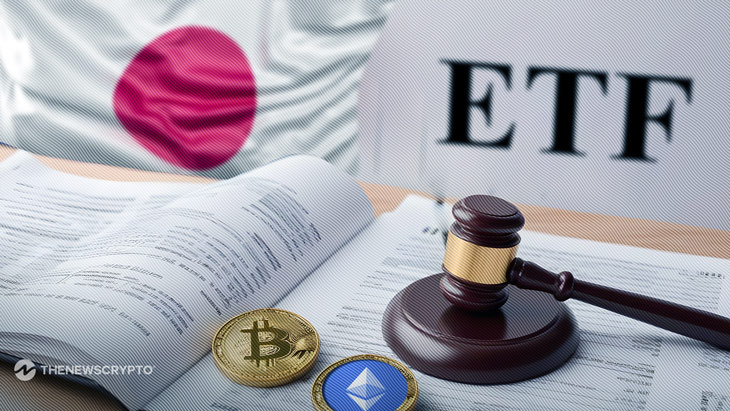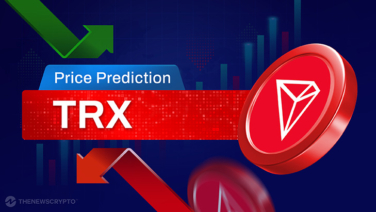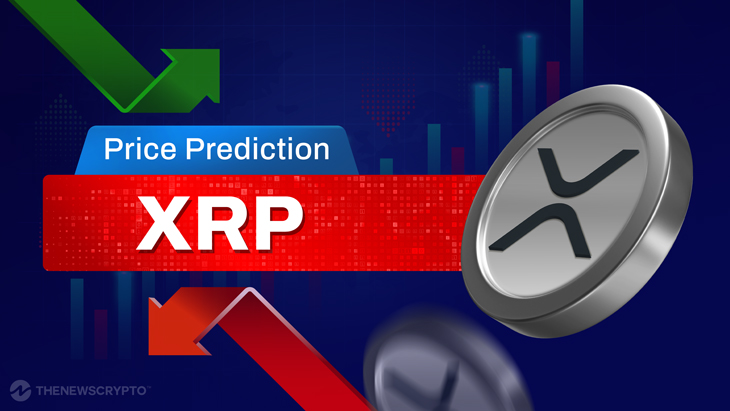- Japan’s FSA is cautious while the U.S. and Hong Kong embrace spot crypto ETFs.
- Crypto gains face tax rates of up to 55%, while ETF gains are taxed at 20%.
Japan’s regulatory stance on crypto exchange-traded funds (ETFs) remains cautious, even as the U.S. and Hong Kong make strides in launching spot crypto ETFs. Despite the increasing demand for these financial products globally, Japan’s Financial Services Agency (FSA) continues to play it safe.
The country’s crypto investors face tax hits as high as 55% on their gains, while ETF holders enjoy a 20% rate. This stark contrast is raising questions about Japan’s reluctance to embrace spot crypto ETFs. Investors are eager for change, but regulators seem hesitant due to concerns over potential scandals. The shadow of the MTGox debacle, where over 850,000 bitcoins were stolen in 2014, still looms large over the Japanese market.
Japan’s Still Dragging Its Feet on Crypto ETFs – When’s the Moonshot?
— Mario Nawfal’s Roundtable (@RoundtableSpace) October 23, 2024
Japan’s regulators are still playing it safe while the US and Hong Kong race ahead with spot crypto ETFs.
With tax hits of up to 55% on crypto gains, versus 20% for ETFs, you’d think the FSA would wake up.… pic.twitter.com/7YX3J1MBRR
Although big players in the financial industry, such as SBI Holdings and Franklin Templeton, are preparing for the possibility of spot crypto ETFs in Japan, the FSA has yet to give the green light. These firms are positioning themselves to act quickly once the rules shift in favor of crypto ETFs. For now, however, Japan remains cautious and continues to monitor global developments.
The Innovation Dilemma in Japan
Unlike the United States, where the Securities and Exchange Commission (SEC) is showing signs of softening its stance on crypto ETFs, Japan’s regulators remain focused on protecting consumers. They are concerned about potential market risks. Moreover, Hong Kong’s more recent initiatives to introduce spot crypto ETFs have placed even more pressure on Japan. This pressure is prompting the country to reconsider its stance. With global momentum building, Japan risks being left behind.
Crypto advocates in the country argue that the FSA’s cautious approach may hold back innovation in the financial sector. By not offering crypto ETFs, Japan could be missing an opportunity to attract global investment. However, the FSA maintains that protecting investors from risk remains its top priority. Until the regulatory environment changes, the country remains stuck in a holding pattern.
Big names in finance are preparing for a shift, but Japan’s regulatory caution continues to slow progress. Investors are waiting for the FSA to reconsider its position on crypto ETFs, but for now, Japan remains on the sidelines while other global markets forge ahead.
Highlighted Crypto News Today
Can MAGA (TRUMP) Token Sustain Its 68% Monthly Rally?








